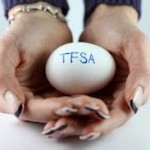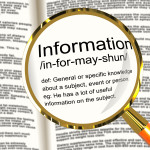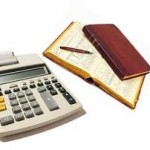This post was updated in March 2025.
The Canada Revenue Agency (CRA) has offered a timely list of tax tips, including ways to save money at tax time. Here’s a summary plus a few of our own.
For Individuals:
1. Plan ahead
- Register for My Account and sign up for direct deposit so you’ll be ready when you file your return.
 2. Tax-free savings account (TFSA)
2. Tax-free savings account (TFSA)
- Generally, interest, dividends, and capital gains earned on investments in a TFSA are not subject to tax—either while held in the account or when withdrawn.
 3. Registered retirement savings plan (RRSP) and First Home Savings Account (FHSA)
3. Registered retirement savings plan (RRSP) and First Home Savings Account (FHSA)
- Save on your taxes and save for your retirement and/or your first home at the same time.
- Contributions to your RRSP and FHSA are tax-deductible.
- Income earned in your RRSP and FHSA accumulates tax-free as long as the funds stay in the plan.
- With the FHSA, qualifying withdrawals are tax-free
 4. Charitable donations
4. Charitable donations
- Donations of cash, goods, land, or listed securities made to a registered charity or other qualified donees may be eligible for a charitable tax credit.
- Political contributions can also qualify for a tax credit.
 5. Families
5. Families
- Childcare expenses
- Medical expenses
- Canada caregiver credit
- Child disability benefit
- Disability Tax Credit
- Home accessibility credit
- Canada Workers Benefit
- GST/HST credit and Canada Carbon Rebate
6. Students
- You may be able to claim tuition, textbook, and education amounts, as well as the interest you paid on your student loan.
 7. Seniors
7. Seniors
- You may be able to split up to 50% of eligible pension income with your spouse or common-law partner to reduce the taxes that you pay.
- You may also be eligible to claim the age amount, medical expenses, and the disability amount.
 8. Stay informed
8. Stay informed
- Read the newspaper when the federal and provincial budget comes out each year to learn about changes to tax rules. There may be something new that benefits you!
- Talk to your accountant or a tax professional about the deductions, credits, and other tax-saving opportunities available to you.
 9. Keep good records
9. Keep good records
- Keep tax-related paperwork together in a file throughout the year – medical receipts, monthly transit passes, receipts for deductible expenses, childcare receipts. In the new year, keep watch for your charitable donation receipts, T4s, T3s, T5s, RRSP and FHSA contribution receipts, and other important documents. They may arrive by mail, or some may be emailed (charitable donation receipts) or be available online at your bank (T3s, T5s, etc.).
 10. File on time
10. File on time
- File on time to avoid late-filing penalties and fees and to make sure there are no interruptions to your benefit and credit payments.


